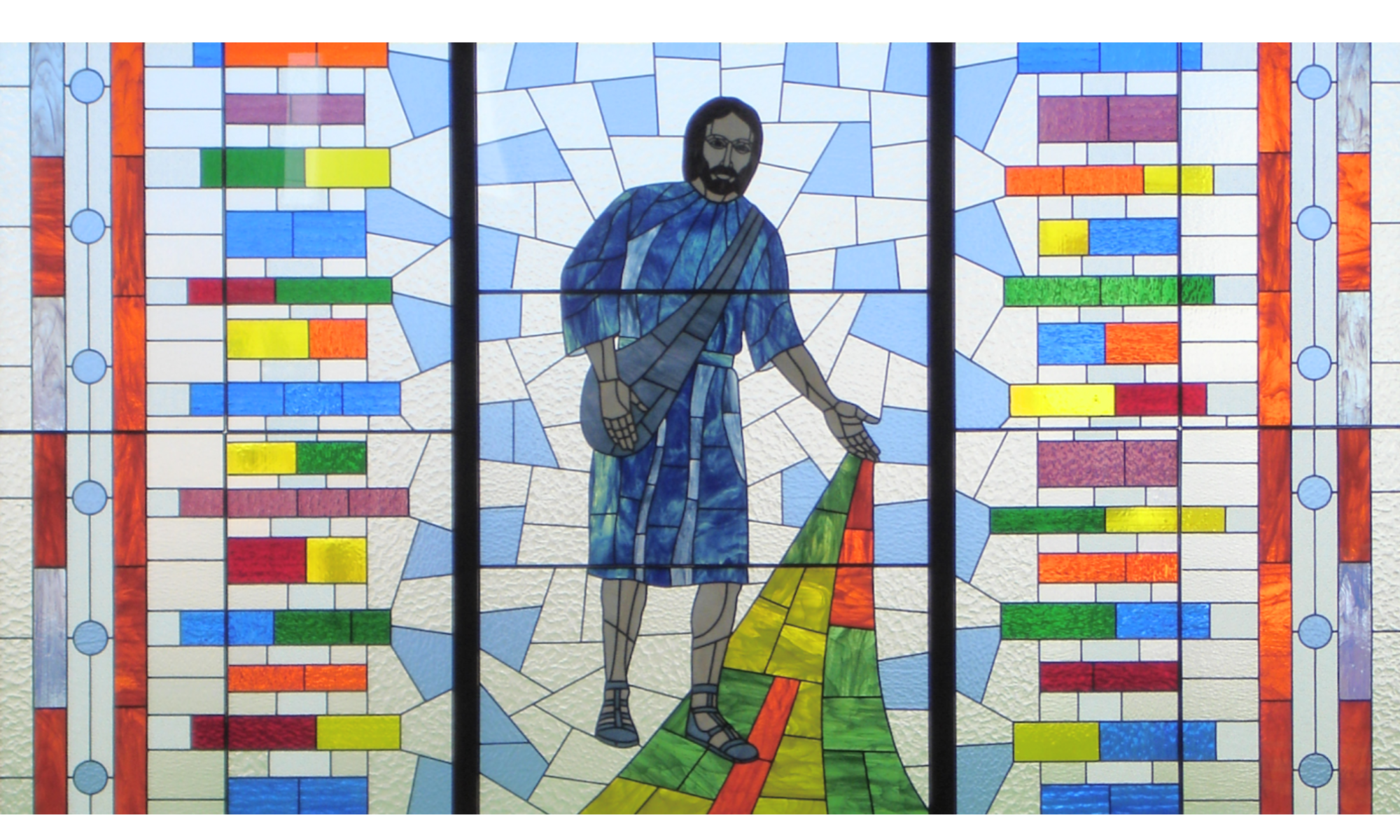Semănătorul (The Sower)
September 2021, Volume 2, Number 2
Augustine on Nature and Sin
Corin Mihăilă
ABSTRACT
The question of the nature of man was of great interest to Augustine, given the philosophical and religious milieu in which he lived. His focused was on the concepts of free will and of the grace of God, and how the fall, salvation, and glorification impacted man’s capacity to choose freely and remain good. From his writings, especially in his controversy with Pelagius, we can understand that human nature must be understood along the four stages in redemptive history: creation, fall, salvation, and glorification. In his pre-fall state, man was able to choose either to sin or not to sin. In this state, the grace of God assisted man in establishing him on a good course, had he chosen to obey. In choosing evil, in the fall, man lost the ability to choose not to sin. The only way he is able to do good is if God intervened with his grace in salvation. Once man is saved by grace, man’s will is again freed to do what is good, God’s grace acting not only in freeing the will, but also causing the will to desire good. The state of the saved person, however, anticipates the glorified state in which man will not be able to sin any longer and thus unable to desert the good.
KEY WORDS: Augustine, nature, sin, gnostic, ascetic, Platonism, Pelagius, free
will, free choice, grace.
DOI:
